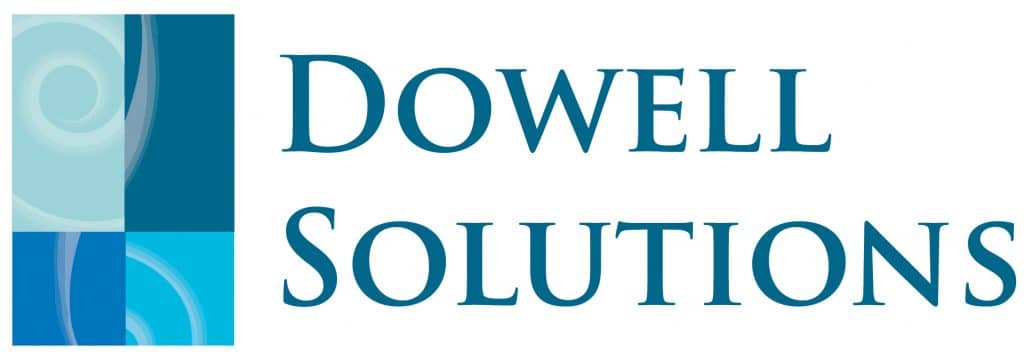Some organisations can operate under the current conditions, and some of them will be able to afford to continue to pay their staff wages and keep staff gainfully employed.
However, with the social restrictions that are currently in place, we have had less face to face customers, and for some, that means less workload.
So, what are some things we can be doing within our businesses and organisations to keep our staff on track with meaningful tasks to get us through this unprecedented time?
It’s time to get creative, think outside of the box, and it’s time to clean up, take stock and brainstorm what we can do and look at how else can we do business. What can be completed or conducted over the phone or via tele/video conferencing?
Now is the time we can physically and electronically clean up, have time for staff training and development, review and update policies, procedures and to be creative.
Think of all the tasks that you never get a chance to do or to get on top off. Think of the tasks that you may get a work experience student or a volunteer to do while with you. Think of the cleaning out, archiving, scanning, review of documents, and those projects that keep getting put onto the back burner that you just ever get a chance to get to or that collection of paperwork on your desk.
Think of tasks that having them done will add value to the business in the long run, this means you are also preparing yourself, your staff and your organisation for when this is over, and things go back to some type of normality.
NOTE: All suggestions below take into account social distancing rules that are currently in place and ensuring staff are trained, and it’s safe for them to conduct these tasks.
Physically Clean up
- Clean up and organise hard copy files
- Clean out the stationary, archive, storage room/shed/warehouse/cupboards etc
- Throw away unused materials, furniture, equipment, papers etc. anything that is broken, unrepairable and sell or give away (if you choose) anything that you no longer want or need.
- Wash and vacuum work vehicles/windows/desks
- Reorganise, rearrange the office space, desks, meeting rooms, lunchrooms etc
- Conduct a workplace inspection
- Scan hard copy files for electronic storage
Electronically Clean Up
- Clean Up
- Clean up your desktop, save files to their appropriate folders and place, create desktop shortcuts for files and data you access regularly
- Clean out and organise your email inbox
- Organise your other electronic files
- Defrag and back up your computers
- Clean up the files and applications on your work phone or tablet
Utilise Time for Training
- Re-induct your staff
- Online training staff can do either when working from home or at work, that will benefit them in their positions. This does not have to mean an entire qualification, it could be some helpful and relevant stand-alone units being completed
- Learn how to do something new on the computer, Google and Youtube is great for this
- Catch up and watch relevant workplace or WHS Webinars. Safework NSW has some great ones, I will definitely be doing this!
Review and Update
- Your WHS and HR policies
- Workplace forms, registers, checklists and reports
- Your voicemail messages
- Workplace presentations
Be Creative
- Turn your staff induction into an online or electronic training program
- Create some templates
- Update or create processes that need documenting that will help you with training staff in the future
- Implement tele/video conferencing processes in your work where possible
- Research that new product, supplier, software
- Streamline your workplace processes further, by creating shortcuts and macros
- Create some workplace videos, “how to’s” for staff, you can do this with only a smartphone
- Draft or create some marketing material
- Map out your social media strategy and content
- Update or write some new content for your website
- Create a new playlist for your organisation’s background music, or on-hold music or for training and presentations
- Start building a “when this is over” list. Some great ideas will come up, and you don’t want to lose them.
Some businesses are implementing reduced hours; some are introducing a four-day week to help with the downturn in work, while still keeping staff gainfully employed. You will find that once you really think about what CAN be done, ideas will come forward.
